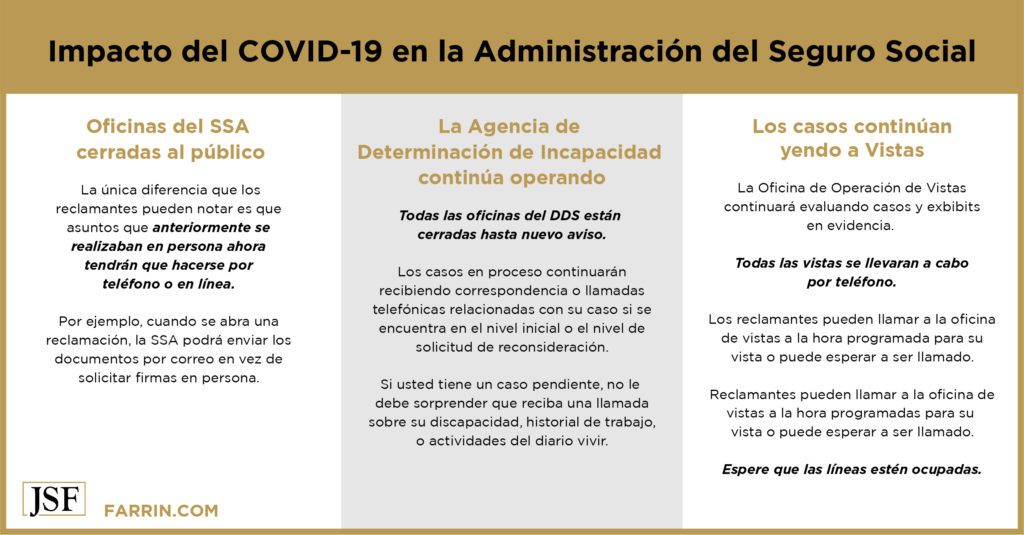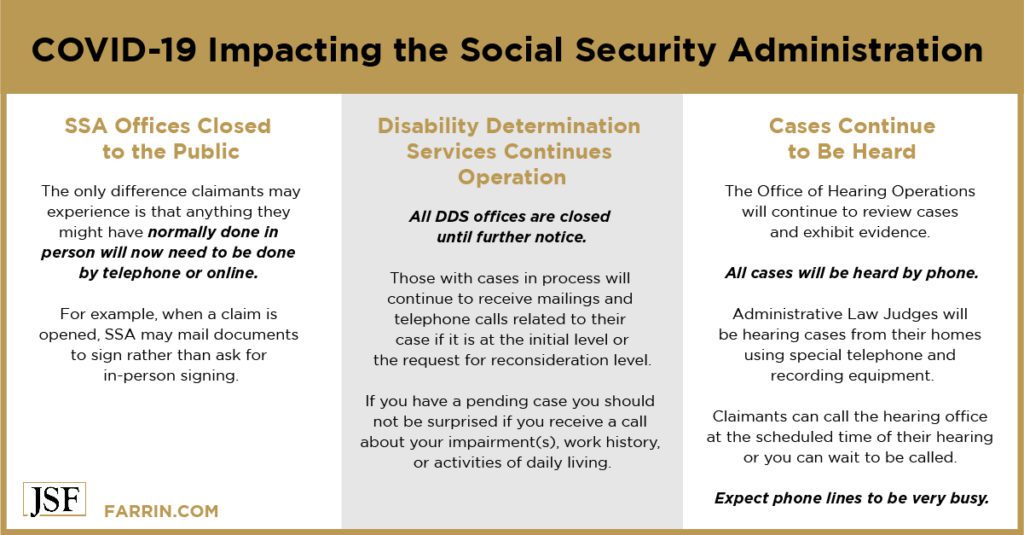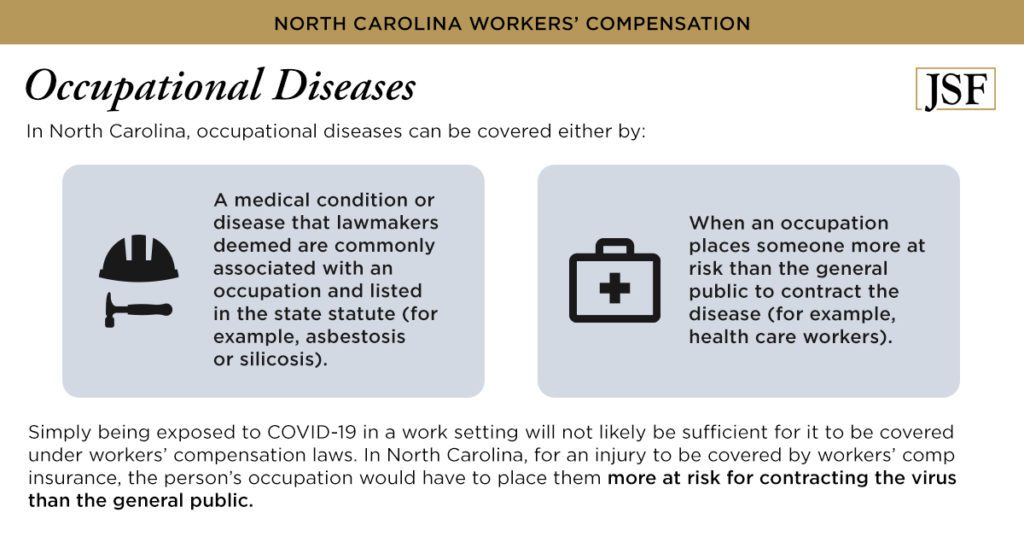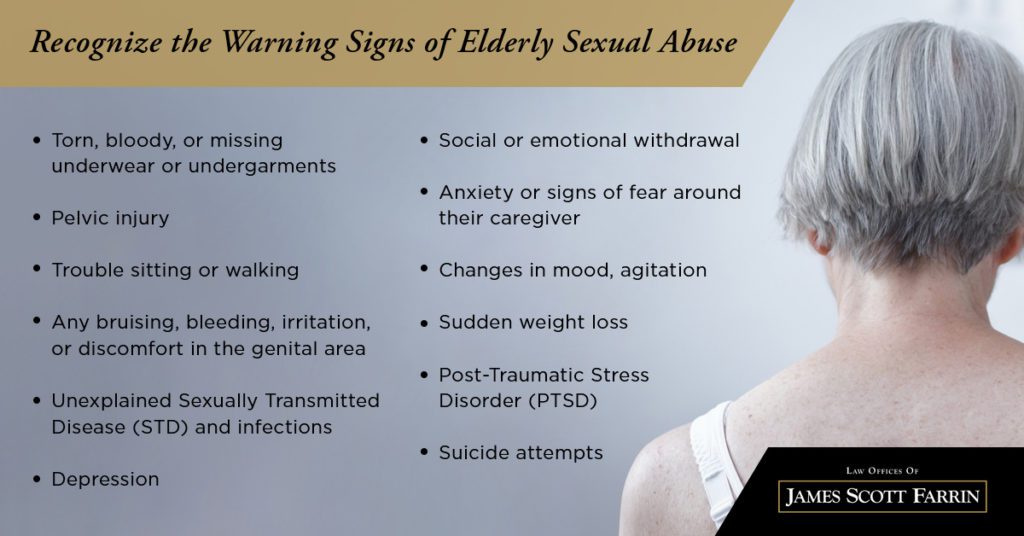El COVID-19 ha forzado a gran parte del mundo a cambiar la manera en la que conduce sus negocios, y la Administración del Seguro Social (SSA por sus siglas en inglés) no es diferente. Para la mayoría de las personas que ya reciben beneficios, no habrá cambios a lo usual. Para aquellos que están solicitando beneficios del SSA, hay cambios importantes al proceso.
Las Oficinas del SSA están cerradas
- A partir del martes 17 de marzo la Administración del Seguro Social cerró al público todas sus oficinas locales. Muchas están operando con personal mínimo para continuar procesando solicitudes, apelaciones y pagos. La única diferencia que los reclamantes pueden notar es que asuntos que anteriormente se realizaban en persona ahora tendrán que hacerse por teléfono o en línea. Por ejemplo, cuando se abra una reclamación, la SSA podrá enviar los documentos por correo en vez de solicitar firmas en persona.
Nota: Por favor consulte con su abogado/representante cuando reciba documentos por correo para asegurarse de que son auténticos. Pese a que no hay reportes de fraude, no se pierde nada con asegurarse que lo que usted está firmando y enviando es genuino y va al recipiente correcto.
-
- La SSA tiene alguna de sus oficinas asistiendo otras áreas geográficas que han sido más afectadas por el COVID-19.
-
- Los empleados del SSA están en lo que se llama una “Estación de Función Alterna,” lo que significa que se les han otorgado laptops y están trabajando remotamente o desde su casa, incluyendo los jueces.
-
- La SSA espera que los reclamantes optaran por vistas telefónicas cuando sea posible, ya que esto ayudará a reducir la posibilidad de casos pendientes. A los abogados que representan reclamantes se les solicitó que les motivaran a aceptar vistas telefónicas, pero la decisión final queda en el reclamante.
UN APARTE: La SSA tiene una política de no llamar a las personas sin avisar. Por favor sepa, que si usted tiene una reclamación por incapacidad, nueva o pendiente, no es inusual que usted escuche de ellos. Esto no significa que usted debe bajar su guardia. La SSA tiene un protocolo de seguridad para asegurar que cuando usted les llame, o ellos le llamen a usted, ellos puedan verificar su identidad.
Por eso, usted debe saber que le harán al menos dos o más preguntas (tal como el apellido de su mamá o su lugar de nacimiento). Anticipe que le hagan estas preguntas ya que es su política. Para su seguridad, la SSA ha publicado una hoja de datos sobre como realizan sus conferencias telefónicas.
La Agencia de Determinación de Incapacidad continúa operando
-
- Una vez la SSA ha aceptado una reclamación o procesado una primera apelación, el caso es enviado a la Agencia de Determinación de Incapacidad (DDS por sus siglas en inglés) para tomar la determinación médica sobre si un reclamante está o no incapacitado bajo la Ley del Seguro Social.
-
- Todas las oficinas de la DDS están cerradas hasta nuevo aviso.
-
- Los casos en proceso continuarán recibiendo correspondencia o llamadas telefónicas relacionadas con su caso si se encuentra en el nivel inicial o el nivel de solicitud de reconsideración. Usted puede recibir llamadas telefónicas del Examinador de Incapacidad sobre su caso. Nuevamente, si usted tiene un caso pendiente, no le debe sorprender que reciba una llamada sobre su discapacidad, historial de trabajo, o actividades del diario vivir.
Los casos continúan yendo a Vistas
-
- La Oficina de Operación de Vistas maneja los casos al nivel de Vistas. Los Jueces y su personal continúan evaluando casos y exbibits en evidencia.
-
- Por ahora, las vistas se llevaran a cabo por teléfono.
-
- Los jueces administrativos estarán celebrando vistas desde sus casas a partir del 30 de marzo usando equipo telefónico y de grabación especial. Aquellos reclamantes que decidan aceptar las vistas telefónicas deben anticipar que dichas vistas se celebren en las fechas originalmente calendarizadas.
-
- Los reclamantes no tienen que esperar a ser llamados si su vista está programada por teléfono, usted puede llamar a la oficina de vistas a la hora programada para la misma o puede esperar a ser llamado. Espere que las líneas telefónicas estén ocupadas.
- Los jueces no están obligados a obviar la regla de presentar evidencia en 5 días, pero se les ha solicitado que sean comprensivos de la situación. (Los reglamentos requieren que los reclamantes o sus representantes presenten evidencia al juez 5 días laborables antes de la vista).
Nosotros continuamos abiertos, y continuamos trabajando en los casos de Seguro Social de nuestros clientes
Las Oficinas Legales de James Scott Farrin continúa operando durante la crisis del COVID-19, a pesar de que nuestros métodos han cambiado. Nuestras oficinas están abiertas, solo para citas, y mucho de nuestro personal se encuentra trabajando de forma remota para seguir las recomendaciones apropiadas para el distanciamiento social, para el beneficio de la comunidad en general.
Si usted entiende que tiene derecho a los beneficios del Seguro Social o Incapacidad, llame al 1-800-968-5342 inmediatamente, 24-horas al día, para una evaluación gratuita. Aquí estamos para usted y listos para luchar por sus derechos.
El Sr. Fleming se unió a Las Oficinas Legales del James Scott Farrin en el 2002. Se convirtió en accionista en la Firma en el 2008 y actualmente lidera el Departamento de Seguro Social. Está admitido a practicar ante el Tribunal Supremo de los Estados Unidos.
También le puede interesar
No permita que el seguro se aproveche de usted con una oferta de “Precipitarse y Resolver”
¿Puede Usted Reclamar Compensación Laboral si Usted estuvo Expuesto al Coronavirus en su Trabajo?
Why We Take the Fight for Fair Treatment of Spanish-Speakers Personally
Nuestros Prominentes Abogados de Compensación Laboral de Carolina del Norte












